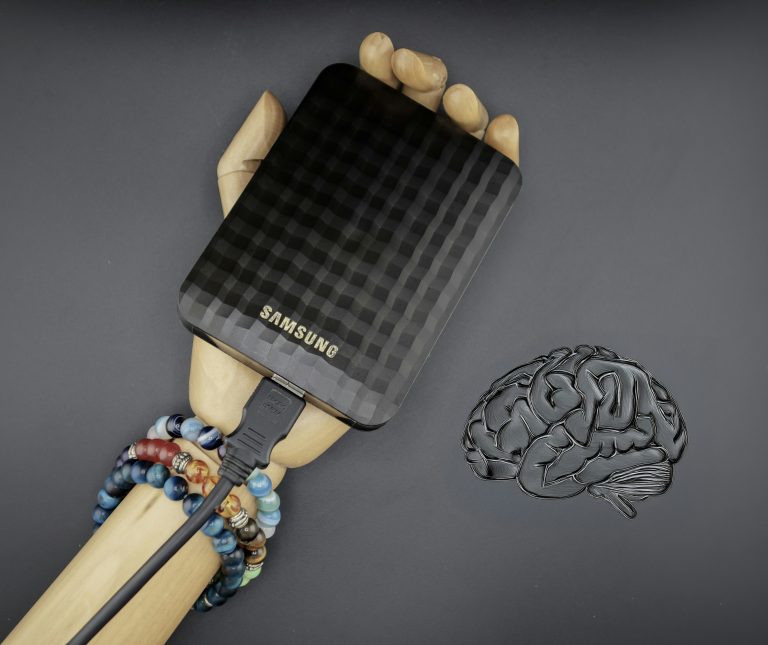Artificial Intelligence in Everyday Life: From Smartphones to Smart Homes
2 AI in Smartphones
Smartphones are one of the most common gateways to AI-powered experiences:
1 Voice Assistants: Siri, Google Assistant, and Alexa use natural language processing to understand and respond to commands, set reminders, make calls, or search the web.
2 Predictive Text & Autocorrect: AI models learn your typing habits and language patterns to suggest words and fix mistakes.
3 Camera Enhancements: AI adjusts lighting, focus, and scene recognition in real time to improve photo quality.
4 App Recommendations & Personalization: Your phone learns which apps you use most and when offering suggestions, sorting notifications, and even recommending content.
5 Security Features: Face recognition and fingerprint sensors powered by machine learning improve both convenience and security.

3 AI in Smart Homes
AI brings automation and intelligence to home devices, creating safer, more efficient living environments:
Smart Thermostats (e.g., Nest, Ecobee):
1 Learn your schedule and preferences to optimize heating/cooling while saving energy.
Smart Speakers (e.g., Amazon Echo, Google Home):
2 Control lights, music, appliances, or even your calendar via voice commands.
Security Systems:
3 AI-powered cameras detect unusual movement, recognize faces, and alert homeowners in real time.
Smart Appliances:
4 Refrigerators can track food inventory and suggest recipes.
5 Washing machines adjust cycles based on load and fabric type.
Home Hubs and Automation:
6 Central systems that integrate multiple smart devices to create routines (e.g., “Goodnight” turns off lights, locks doors, and adjusts the thermostat).
4 AI in Daily Services
AI supports many behind-the-scenes functions that affect your daily life:
Navigation & Traffic Apps (Google Maps, Waze):
1 Predict traffic, suggest alternate routes, and estimate arrival times using real-time data.
Streaming Services:
2 Netflix, YouTube, and Spotify recommend content based on your viewing or listening habits.
E-commerce & Online Shopping:
3 AI suggests products, sizes, and offers based on past behaviour.
4 Chatbots answer questions and assist with orders 24/7.
Health and Fitness Apps:
5 Monitor activity, sleep patterns, and even detect potential health issues using AI-driven analysis.

5 The Benefits of Everyday AI
1 Convenience: Automates routine tasks and simplifies decision-making.
2 Personalization: Learns your habits to provide more relevant experiences.
3 Energy Efficiency: Optimizes usage of power and resources.
4 Safety and Security: Offers real-time alerts and smarter protection at home.
6 Challenges and Considerations
1 Privacy: Devices collect vast amounts of personal data often passively.
2 Overdependence: Relying too heavily on AI may reduce personal autonomy or problem-solving skills.
3 Digital Divide: Not everyone has equal access to AI-powered technologies.
Conclusion
AI has quietly but powerfully transformed everyday life, making homes smarter, phones more helpful, and services more responsive. As AI continues to evolve, its role will only grow—shaping how we live, communicate, and interact with the world. The key is ensuring it enhances our lives while respecting our values and privacy.






